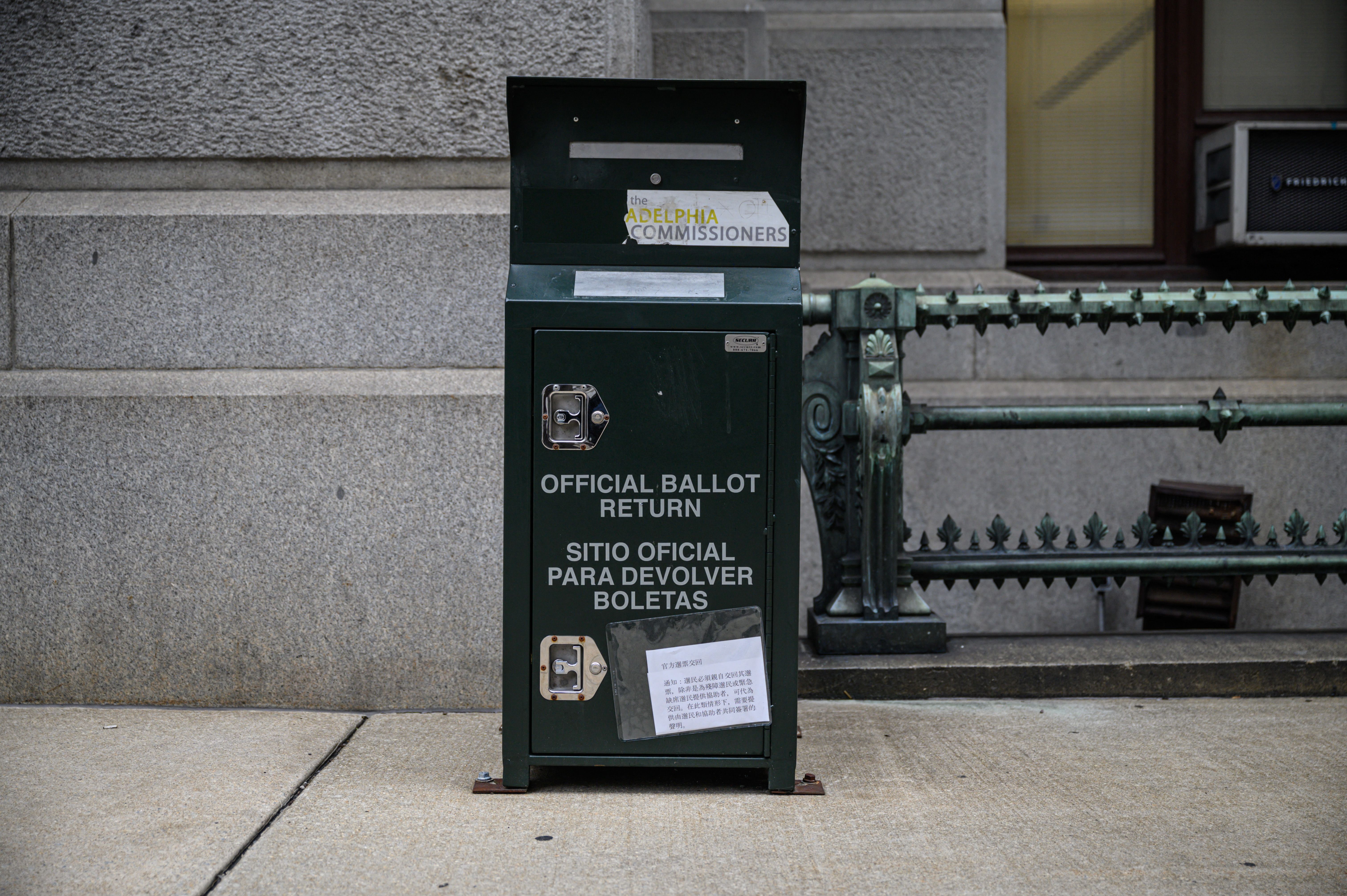New Jersey Gov. Chris Christie's final budget is a $35.5 billion proposal that will also be the starting point for whoever succeeds him.
Christie's plan is about to start winding its way through the Democrat-controlled Legislature in earnest, with a public hearing set for next week and plans for financial overviews from Treasury and legislative budget officers to start soon after.
While the 2017 campaign has centered mostly on broad and popular promises like making the state more affordable, cutting waste and moving New Jersey into a 21st-century economy, the budget presents the governor with trade-offs that invariably results in some winners and losers.
THE ISSUE
Christie's final budget doesn't call for big changes and, as required by the state constitution, the spending plan the two-term governor proposes is balanced. But the bulk of the state's revenue comes in later in the year after income taxes are filed, which is when the Treasury and lawmakers get a clearer picture of how strong-- or weak-- the state's revenue stream is.
The biggest issues facing the next governor will be how to close gaps that are expected to arise from a higher pension payment, which is expected to rise by about $1.5 billion, lower sales and estate tax revenues of about $1 billion and a looming question mark over funding schools. Experts agree the current school aid formula is underfunded by about a $1 billion annually.
CANDIDATE POSITIONS AND PROMISES
Local
Breaking news and the stories that matter to your neighborhood.
On balance, the Democratic candidates rip the Republican Christie and agree on certain measures to help increase state revenues: hiking taxes on income over $1 million and rolling back the estate tax cut that was agreed to last year as part of a deal on the transportation trust fund. Those changes alone wouldn't be enough to close the gaps, according to legislative estimates on previous legislation on such changes.
Many voters have yet to fully concentrate on the race, and the biggest differences among the candidates are in their tones and how they cast themselves.
Democrat Phil Murphy, who is leading in public polls and has won key endorsements, is increasingly centering his campaign on taking on Republican President Donald Trump, saying he would "safeguard'' environmental programs that face cuts under Trump's own budget proposals, for example. He also promised to fund the state's school-aid formula, called for ending "corporate tax loopholes,'' and divesting the state pension of hedge fund holdings.
Democratic Assemblyman John Wisniewski, a former chairman for U.S. Sen Bernie Sanders' campaign in New Jersey who casts himself as a progressive, has made similar promises. He is also calling for a constitutional amendment to require one Legislature to be bound to a previous session's actions. He says this would allow for long-term planning
Democratic Former Clinton administration Treasury official Jim Johnson agrees with his fellow Democrats on school funding and increasing pension payments. He is also calling for rolling back the estate tax cuts partially. Johnson is running an ad that portrays him as an outsider to state politics.
Democratic State Sen. Ray Lesniak says he wants to cut waste and make the state more affordable. A lawmaker since 1983, he bills himself as the candidate who knows how government should operate.
On the Republican side, it's hard to find a single thread that runs throughout the contest. While the candidates are broadly opposed to higher taxes, the messages coming from each campaign are highly candidate-specific.
Lt. Gov. Kim Guadagno, for example, has concentrated heavily on her plan to end a proposed $300 million statehouse renovation, an apparent effort to distance herself from the unpopular Christie. Republican Assemblyman Jack Ciattarelli highlights a five-point plan on the trail that includes overhauling the state's pension and health benefits to make them less generous and more affordable for the state. Republican Steve Rogers, who was a Trump supporter and regular guest on Fox News, has called for cutting taxes across the board and restoring cost-of-living adjustments to public retirees. It's unclear how he'd finance that in the budget.
WHAT EXPERTS SAY
Experts warn that the next governor could also have to grapple with serious federal cuts in the budget.
That, coupled with the expected revenue issues could force the next governor to into an unpopular remedy _ either raising taxes or slashing spending, according to Peter Woolley, politics professor at Fairleigh Dickinson University.
"(Christie's) successor will, as is always the case, lay any blame at the predecessor's door,'' he said. "But that will be only a temporary comfort.''



